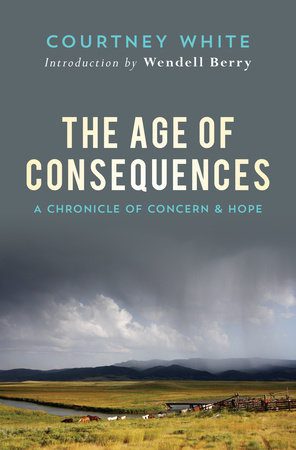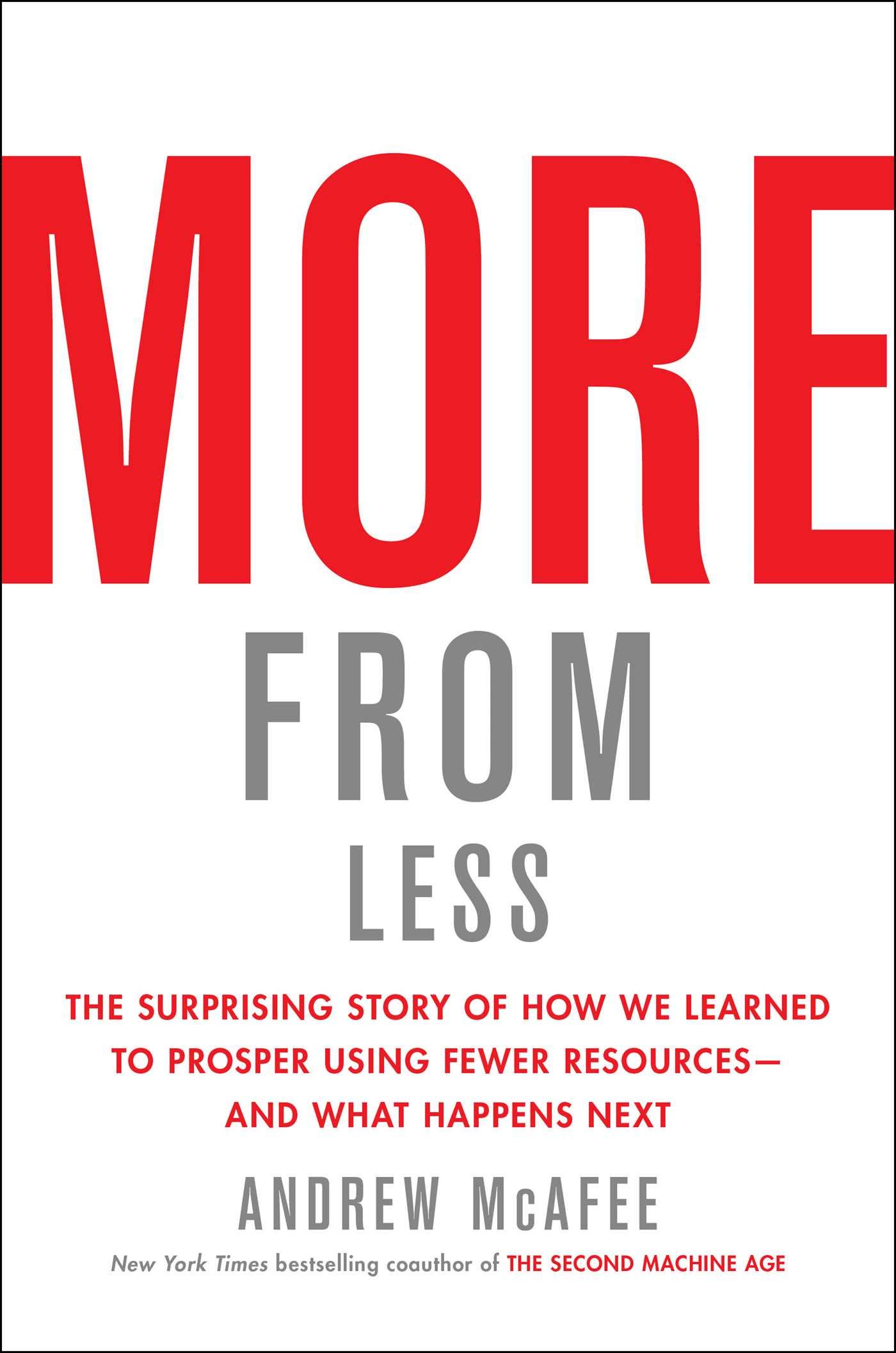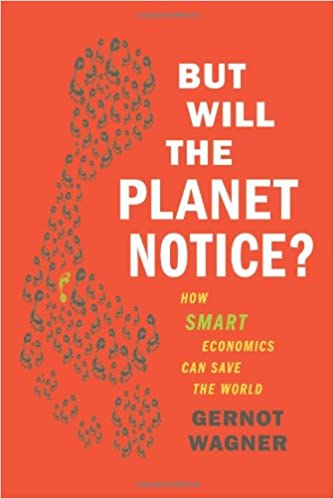
Sap, Lambs, Kids, and a Prairie Burn at Stratford
March 22, 2021
Age of Consequences by Courtney White
March 23, 2021by Liz Barker
Extracted by Ugo Bardi (2013) This report to The Club of Rome on the history of mineral depletion renews my faith in the availability of interesting, informative science books for adults. The topic is not exactly uplifting but the book is such an intelligible, well organized view of mining that it is a pleasure to read. It begins with a compact geological history of the earth, explaining why changes occurred, and continues progressively through time. Each chapter presents an overview of different aspects of the industry and an essay on related extractive products.
Volcanoes and geysers were human’s first experiences of what lay beneath the earth. A semblance of access to that mysterious world and its forces was provided by caves. This may be why there are paintings in those dark depths. Extracting products from the earth also date back to prehistoric times, beginning with stone. We still quarry large quantities of stone and sand and gravel. Minerals and fossil fuels are the main topic here. They are less accessible and there is some concern about their continuing supply. Meanwhile mining continues, as does exploration for new sources. Use is just as proliferate with little conserving or recycling. We tend to view today’s conditions as unchanging and have generally ignored the possibility that our activities can influence the status quo.
All those geological processes have determined how fossil fuels were formed and where minerals were distributed within the crust. During early phases all life was in the ocean and accessed minerals there. Then plants moved onto land, learning how to get minerals by sending roots into the ground. Animals, including man, got minerals from plants. Then man found other uses for minerals. Now he digs them out of the ground in vast quantities. He disrupts the soil cycles, depleting fertility, which is a constant flow of nutrients between organic and inorganic forms
Deer antlers may have been the first diggers. Rocks could be broken by throwing cold water on heated stone. Gold was probably extracted first. Copper also exists in surface deposits and melts in open fire. Iron requires more heat (charcoal) and lower oxygen. It can then be reheated and beaten into shape but is brittle and doesn’t hold an edge. Steel is the next stage, each requiring more energy and better ways to apply it.
Black powder for blasting was developed in China. Coal was used as a fuel by Romans and in China. It made iron cheap and brought forth the steam engine. Deeper resources could be extracted – powered by coal with iron muscles and funded by gold and silver. Sixteen new minerals became useful. Oil provided a cheaper and more versatile energy source. Higher demand encouraged the development of better technologies, sometimes reducing the extraction costs.
Fracking and mountain top removal are examples. Profitable fracking has a short life span and needs to exploit large geographic areas. Over time these techniques have decreasing returns on investment. They leave behind an environmental and societal cost of barren ground, erosion, and water pollution, ground effect. The need for a different source of energy becomes more apparent. Nuclear possibilities are given short shrift, mostly because of a fuel supply problem. The sun is touted as the best fusion prospect.
But it is money that makes the world go round. Gilgamesh had to steal timber. Hunting and gathering societies were egalitarian because there was it wasn’t practical to accumulate goods. The excess was shared within the group. Trading has limited utility because matching specific excesses is limited. Agriculture and mining produced more sedentary communities and enabled the accumulation of goods. This made raiding profitable and established trade and military conflict. Gold was the primary fuel. Cannon armed galleons defeated the caliphate which had no timber to make steel. Europe had plenty. Soldiers paid in land led to feudal system.
Military might evolved to commercial empires. Britain was the first energy based empire. Its 1920 coal energy production was equal to burning all world’s forests. Oil plus the strategic importance of other metals for technology support are the power ingredients today. Funding remains important. The paper representative of gold today stores value only if properly invested and must retain higher value than tangibles. These needs have produced a war against the planet and we are the only causalities.
Energy remains the limiting factor of mineral extraction. We need to stop this dispersive use of metal and design repairable, reusable products. Modeling use and production can produce efficiencies. An interesting comment was that things done illegally are done most efficiently. I suppose poaching would be an example. Humans seem unable to avoid prioritizing short term gain over long term or the Individual over community. The Middle Ages were actually a time of fertile development because it was freed from the costs of maintaining governmental bureaucracy and the military. Today we believe that we will be able to continual develop substitutes for scarce resources and that technological solutions were save us.
Complex systems have resilience built into them. For instance roads generally provide multiple alternative routes if one is compromised. One way economic systems began with agriculture. Think of our insistence upon the status quo, of wanting to get “back to normal”. We keep applying inefficient halfway measures. Agriculture is dependent on phosphorus for symbiotic nitrogen production by mycorrhizal fungi. Only 2% of an application is used the first year and the rest is runoff. There is a disconnect between a product’s cost and its value. Solar energy has its own costs. Wind power needs magnets. LEDs use rare earths. There is mercury in fluorescents. Resources are converted to wastes by mixing them. We depend upon poor people in other countries to recycle goods which we should switch to being used rather than owned. We need to examine the values of regeneration vs. growth, availability vs. profit, value vs. price, energy vs. money.
Systems have leverage points; a small change produces big effects. . Nothing around us continually grows except cancer. Without using spaceships we have found a way to travel to another planet. The Kubler Ross grief stages: denial, anger, bargaining, depression, acceptance, could apply to the coming economic collapse, resource depletion, and ecosystem disruption.





